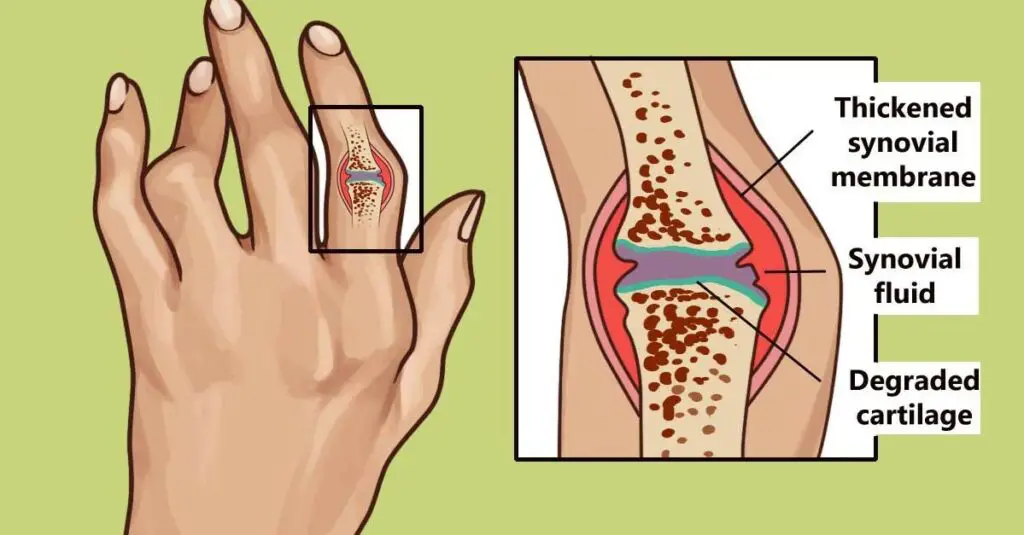Emotional abuse in a relationship is a silent epidemic that often goes unnoticed. Unlike physical abuse, emotional abuse is subtle and insidious, slowly eroding the victim’s self-esteem, confidence, and trust. It can creep up on you over time, making it difficult to recognize and understand. However, experts have identified certain signs that may indicate you’re in an emotionally abusive relationship. This article aims to highlight and explain these ten signs, as identified by relationship experts. Awareness is the first step towards addressing the issue, so let’s delve into understanding these signs better.
Constant Criticism or Negative Remarks
When your partner consistently criticizes you, makes negative remarks, or humiliates you, it’s a form of emotional abuse. This behavior, whether it happens in private or public, is designed to belittle you and chip away at your self-esteem. The goal is to make you feel inferior and less worthy, which can have a profound impact on your mental health. Over time, this constant barrage of negativity can lead to severe self-doubt, making you question your worth and abilities. Ultimately, this tactic erodes your confidence, leaving you feeling insecure and vulnerable.
Control and Domination
An emotionally abusive partner uses control as a tool to exert power and manipulation over their partner. This control can manifest in various ways, such as dictating your attire, deciding who you can or cannot interact with, or even managing how you spend your time. The abuser’s aim is to dominate your actions, decisions, and interactions, thereby limiting your personal freedom. This behavior is not about care or concern; instead, it’s about maintaining power and control in the relationship. Over time, this excessive control can make you feel trapped, eroding your sense of self and autonomy.
Isolation from Friends and Family
In an emotionally abusive relationship, your partner may try to isolate you from your friends and family. This could take the form of causing conflicts that drive a wedge between you and your loved ones or manipulating you into spending less time with them. Isolation serves two main purposes for the abuser: it increases your dependency on them and limits your access to external support systems. By reducing your connections with others, the abuser gains more control and influence over you. Over time, this isolation can make you feel alone and unsupported, further entrenching the power imbalance in the relationship.
Gaslighting
Gaslighting is a manipulative tactic where your partner causes you to question your own sanity, memory, or perception of events. This might involve them denying their abusive behavior, twisting the narrative, or even creating false stories to make it seem as if you’re at fault. The goal of gaslighting is to create doubt in your mind about your own experiences and recollections. By making you question your reality, they can maintain control in the relationship and keep you in a state of confusion. Over time, this can lead to feelings of insecurity and uncertainty, further deepening the power imbalance in the relationship.
Ignoring or Stonewalling
Ignoring or stonewalling is a type of emotional abuse where your partner deliberately refuses to communicate or engage with you. This tactic, often referred to as the silent treatment, involves ignoring your attempts at conversation, acting indifferent, and withdrawing from interaction. The aim of this behavior is to make you feel invisible, unimportant, and neglected, causing emotional distress. It’s a manipulative way of punishing you and making you desperate for their attention and validation. Over time, this form of emotional punishment can lead to feelings of worthlessness and isolation, further perpetuating the cycle of abuse.
Jealousy and Possessiveness
An emotionally abusive partner often displays extreme jealousy and possessiveness as a way of exerting control over you. They may frequently accuse you of flirting or cheating, despite there being no evidence to support these claims. This is a form of manipulation designed to make you feel guilty and to keep you on your toes. In addition, they may try to control who you interact with, limiting your social activities and personal freedoms. They might also demand constant updates about your whereabouts, creating a surveillance-like environment that further restricts your independence and autonomy.
Emotional Blackmail
Your partner may resort to the use of guilt, threats, or manipulation as a means to control you or keep you from leaving the relationship. This is often accomplished through a tactic known as emotional blackmail. Emotional blackmail is a form of psychological manipulation that exploits your fears, vulnerabilities, and compassion as leverage. The abuser may make threats, give ultimatums, or use guilt-trips to manipulate your feelings and behavior. The aim is to create a sense of obligation or fear in you, thereby maintaining control over the relationship and your actions.
Blaming and Denial
In an emotionally abusive relationship, the abuser frequently shifts the blame onto their partner for their own actions or issues. This is a manipulation tactic where they deny any fault and refuse to take accountability for their behavior. Instead, they twist the narrative, making you feel as if you are the one at fault. This can lead to feelings of guilt and confusion, causing you to question your own perceptions and actions. Over time, this pattern of blame shifting and denial can erode your self-esteem and sense of reality, further entrenching the power imbalance in the relationship.
Intimidation and Threats
In a relationship, your partner may resort to intimidation tactics such as yelling, swearing, or using threatening language to control you. This behavior is an aggressive form of communication intended to instill fear and maintain dominance. The threats can range from subtle hints to overt declarations, each designed to make you feel vulnerable and scared. It’s important to note that these threats are not about expressing anger but are rather manipulative tools used to coerce you into submission. Over time, this pattern of intimidation can lead to a power imbalance in the relationship, leaving you feeling trapped and powerless.
Withholding Affection
Emotional abuse can also manifest through the withholding of affection or love as a form of punishment. In this situation, your partner may deliberately withdraw their affection, or rebuff your attempts at intimacy, creating feelings of rejection and isolation. This manipulative tactic is designed to make you feel unwanted or unloved, thus destabilizing your emotional well-being. The abuser uses this method as a tool for control, aiming to make you work harder for their affection or approval. Over time, this can lead to a toxic dynamic in the relationship, where you constantly feel undeserving of love and affection.
Final Thought
Recognizing these signs is a crucial step towards understanding and addressing emotional abuse. Remember, everyone deserves respect, kindness, and love in a relationship. If you identify with these signs, it’s essential to seek help and support. Emotional abuse is not your fault, and it’s never too late to break free and start healing.








